In "On Being Ill," Virginia Woolf eloquently explores the complexities of illness and its effects on the human experience. Written in a lyrical, stream-of-consciousness style typical of her early modernist works, Woolf delves into the relationship between physical suffering and the mind's responses to it. This essay, deeply intertwined with her own experiences of frailty, reflects her engagement with contemporary discussions on mental and physical health, challenging the Victorian norms that often marginalized women's perspectives on illness. Virginia Woolf, a leading figure of the modernist literary movement, drew from her own battles with health anxieties and a battle against societal expectations when crafting this profound meditation. Woolf's background, rooted in a family of intellectuals, and her exposure to the Bloomsbury Group's avant-garde philosophies pushed her to delve deeper into personal narrative and subjective experience, allowing her to articulate the often-silenced voices surrounding illness. "On Being Ill" is highly recommended for readers seeking a nuanced understanding of illness beyond mere physical symptoms. Woolf'Äôs articulate reflections enrich not only the literary canon but also the discourse surrounding health, making this a vital read for anyone interested in the intersections of literature, psychology, and the human condition.
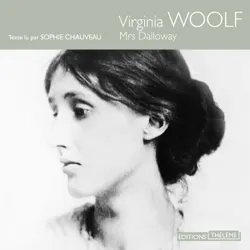
Mrs Dalloway
Virginia Woolf
audiobookbook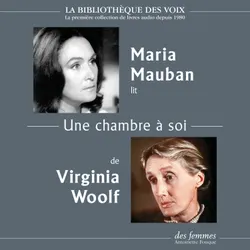
Une chambre à soi
Virginia Woolf
audiobookbook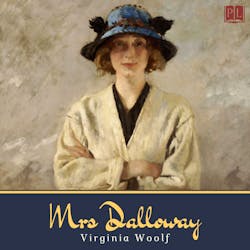
Mrs Dalloway
Virginia Woolf
audiobookbook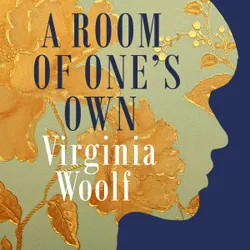
A Room of One's Own
Virginia Woolf
audiobookbook
Una habitación propia "A Room of One's Own"
Virginia Woolf
audiobook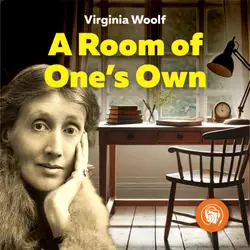
A Room of One's Own
Virginia Woolf
audiobookbook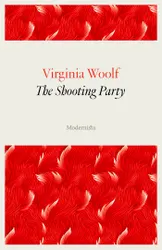
The Shooting Party
Virginia Woolf
book
50 Timeless Masterpieces (Volume 1) : Essential Classics for a Rich Literary Journey
Homer, Sun Tzu, Plato, Dante, Shakespeare, Miguel de Cervantes, John Milton, Daniel Defoe, Johann Wolfgang von Goethe, Jane Austen, Nikolai Gogol, Emily Brontë, Mary Shelley, Alexandre Dumas, Fyodor Dostoevsky, Charles Dickens, Victor Hugo, Nathaniel Hawthorne, Gustave Flaubert, Leo Tolstoy, Henrik Ibsen, Herman Melville, Mark Twain, Robert Louis Stevenson, Arthur Conan Doyle, Raymond Chandler, H. G. Wells, Joseph Conrad, Rudyard Kipling, Louisa May Alcott, L. Frank Baum, L. M. Montgomery, T. S. Eliot, Franz Kafka, James Joyce, Virginia Woolf, C. S. Lewis, Ernest Hemingway, Walt Whitman, Jack Kerouac, John Steinbeck, William Faulkner, Kate Chopin, Zora Neale Hurston, Margaret Mitchell, Sylvia Plath, Thomas Mann, Albert Camus, George Orwell
book
Library of Masterpieces - 100 Books to Read in a Lifetime
illiam Shakespeare, Fyodor Dostoevsky, Louisa May Alcott, Miguel de Cervantes, John Milton, Jane Austen, Charlotte Brontë, Emily Brontë, Anne Brontë, William Makepeace Thackeray, George Eliot, Charles Dickens, Thomas Hardy, Jonathan Swift, Daniel Defoe, Joseph Conrad, Robert Louis Stevenson, Mary Shelley, Bram Stoker, Arthur Conan Doyle, Wilkie Collins, Oscar Wilde, T. S. Eliot, D. H. Lawrence, James Joyce, Virginia Woolf, E. M. Forster, Evelyn Waugh, Aldous Huxley, George Orwell, H. G. Wells, Lewis Carroll, Frances Hodgson Burnett, Kenneth Grahame, C. S. Lewis, Malcolm Lowry, Ford Madox Ford, Mark Twain, Jack London, Herman Melville, Ernest Hemingway, Jack Kerouac, Nathaniel Hawthorne, Edith Wharton, Walt Whitman, Kate Chopin, Harriet Beecher Stowe, Neale Hurston, Richard Wright, Raymond Chandler, Dashiell Hammett, F. Scott Fitzgerald, John Steinbeck, William Faulkner, Margaret Mitchell, Sylvia Plath, Carson McCullers, L. Frank Baum, L. M. Montgomery, Leo Tolstoy, Ivan Turgenev, Nikolai Gogol, Johann Wolfgang von Goethe, Friedrich Nietzsche, Thomas Mann, Franz Kafka, Erich Maria Remarque, Albert Camus, Marcel Proust, Jules Verne, Victor Hugo, Gustave Flaubert, Stendhal, Alexandre Dumas, Henrik Ibsen, Rudyard Kipling, Homer, Sophocles, Virgil, Laozi, Sun Tzu, Plato, Marcus Aurelius, Dante Alighieri, Niccolò Machiavelli
book
Orlando
Virginia Woolf
audiobookbook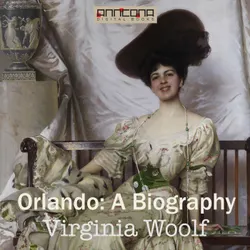
Orlando: A Biography
Virginia Woolf
audiobookbook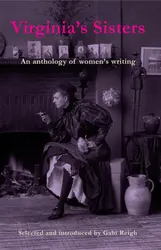
Virginia’s Sisters
Virginia Woolf, Edith Wharton, Charlotte Perkins Gilman, Zelda Fitzgerald, Radclyffe Hall, Anna Akhmatova, Katherine Mansfield, Marina Tsvetaeva, Alice Dunbar-Nelson, May Ziadeh, Fausta Cialente, Carmen de Burgos, Sorana Gurian, Magda Isanos, Nataliya Kobrynska, Maria Messina, Gabriela Mistral, Fani Popova-Mutafova, Antonia Pozzi, Yenta Serdatsky, Ling Shuhua, Dorka Talmon, Myra Viola Wylds
book
